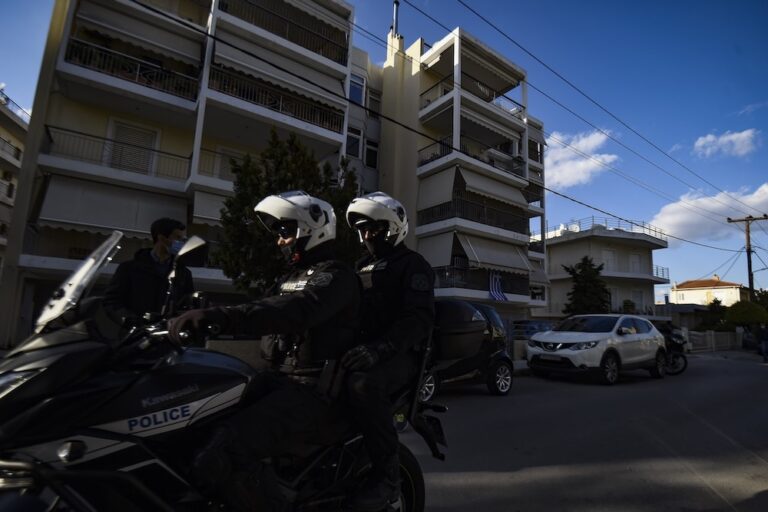Despite government assurances that NERIT will be a "Greek BBC", the IFJ/EFJ believe that the new station's minimal number of staff will mean it will not have the resources to be an independent, pluralistic and quality-focused body. Instead, it is likely to be an Athens-based organisation that is unable to focus on other regions in Greece.
The International Federation of Journalists (IFJ) and the European Federation of Journalists (EFJ) have expressed their deep concern about the Greek government’s “unacceptable” plans for the new public broadcaster NERIT, stating that the move will mean the loss of many journalists’ jobs and create a sub-standard, Athens-focused organisation.
The Greek government has announced the formation of the New Hellenic Radio, Internet and Television (NERIT) which is expected to launch in March 2014 and will only have 132 members of staff.
Despite government assurances that NERIT will be a “Greek BBC”, the IFJ/EFJ believe that the new station’s minimal number of staff will mean it will not have the resources to be an independent, pluralistic and quality-focused body. Instead, it is likely to be an Athens-based organisation that is unable to focus on other regions in Greece.
In addition, the IFJ/EFJ say that more than 500 jobs, previously held by highly professional staff with years of experience at ERT, will disappear, meaning the new broadcaster will find it extremely difficult to provide quality programming that is competitive with private TV channels in Greece. And it is also likely that a large amount of NERIT’s programming will be contracted out to private media companies, despite the Greek Prime Minister stating last June that these companies are “sinful.”
“Following the abrupt closure of Greece’s public broadcaster ERT and the subsequent eight months of silence, it appears the Greek government is now launching a new broadcaster that will be limited to the barest of necessities in order to justify the collection of the license fee from the public,” said IFJ President Jim Boumelha.
“We stand in solidarity with our affiliates in Greece to call for the government to reconsider its plans and to undertake a new period of consultation with our members unions in Greece, politicians, and all other parties concerned before final decisions are taken that could prove fatal for the future of public broadcasting in Greece.”
IFJ’s Greek affiliates have expressed their strong misgivings about the government plans.
In a letter sent to Greek Prime Minister Antonis Samaras, and opposition party leaders, the Panhellenic Federation of Journalists’ Unions (POESY), has stressed that NERIT will be a “…deformed and dysfunctional substitute for ERT,” that ‘…literally silences and banishes all regions outside the capital.”
Meanwhile, the Journalists’ Union of Athens Daily Newspapers (JUADN) has issued a statement that questions the process involved in recruiting staff to work at NERIT, claiming that it was “non-transparent,” and the point system used “favours applicants with no working experience in public broadcasting over fired ERT colleagues…”
And the Journalists’ Union of Macedonia and Thrace Daily Newspapers (ESIEMTH), have noted that public broadcasting in the country’s regions will be “throttled” by the government’s plans, with the ET3 public channel in Thessaloniki, Greece’s second largest city, only getting 15 journalist positions.
Offering support for colleagues in Greece, EFJ President Mogens Blicher-Bjerregård, has called on the European Broadcasting Union (EBU) to reject membership for NERIT in its current form, and stated: “We call upon the Greek government to withdraw these unacceptable plans and seriously consider the present and future of public broadcasting by taking decisions that lead to major improvements, bear no prejudice and do not leave out experienced and hard-working colleagues.”



